#Wittgenstein
Text
One of my favorite moments in philosophy is when Ludwig Wittgenstein drew a cute lil guy to explain the concept of an image (sorry, picture-object).
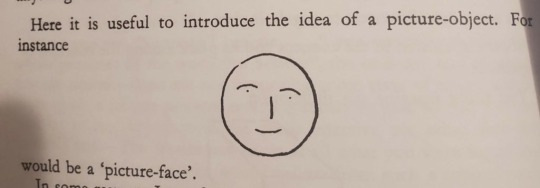
198 notes
·
View notes
Text
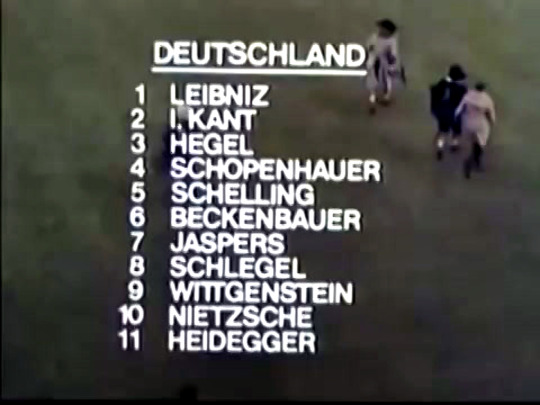
#deutschland#leibniz#kant#hegel#schopenauer#schelling#beckenbauer#jaspers#schlegel#wittgenstein#nietzsche#heidegger#monty python
65 notes
·
View notes
Text
I don't know why we are here, but I'm pretty sure that it is not in order to enjoy ourselves.
Ludwig Wittgenstein
#ludwig wittgenstein#wittgenstein#quotes#philosophy#wisdom#life#literature#writer#books#psychology#write#art#artist#enjoy#meaning
34 notes
·
View notes
Text

Biting my truant pen, beating myself for spite:
"Fool!" said my muse to me, "look in thy heart, and write.”
Philip Sidney, Astrophel And Stella (1591)
The philosopher Ludwig Wittgenstein wrestles with writer's block . And yet he remains undefeated. Writing about writer's block is better than not writing at all.
#sidney#philip sidney#quote#ludwig wittgenstein#wittgenstein#writer's block#writing#diaries#inspiration#muse#art of writing
71 notes
·
View notes
Text
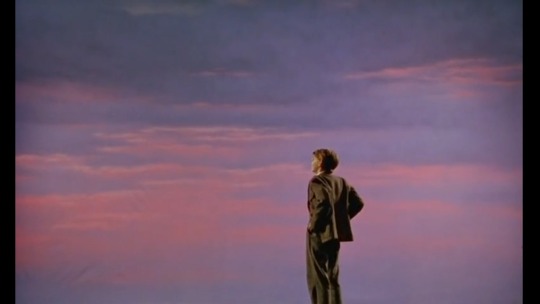

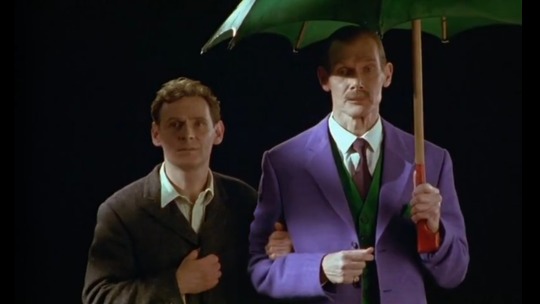

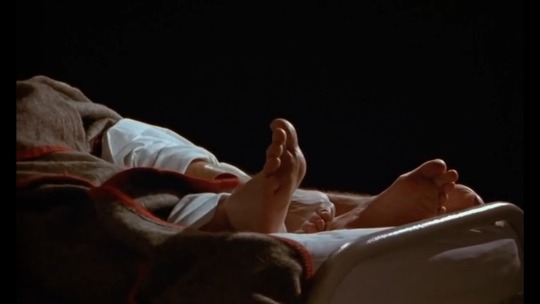

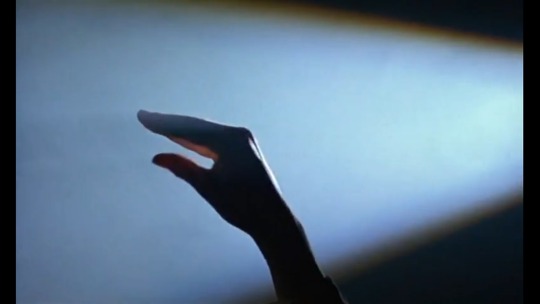
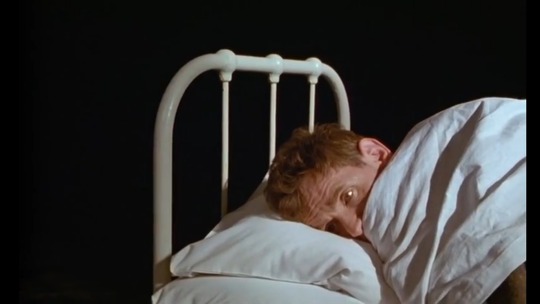
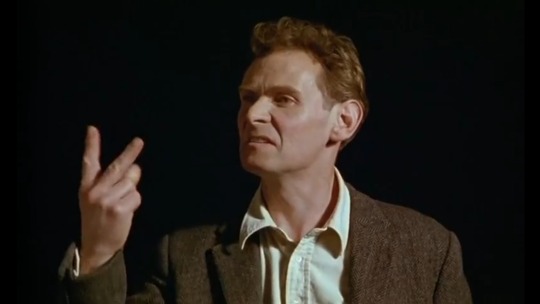

wittgenstein 1993, derek jarman
34 notes
·
View notes
Text

#philosophy#quotes#Ludwig Wittgenstein#The Blue Book#Wittgenstein#difficulties#challenges#language#words#limitations#precision
13 notes
·
View notes
Text

oh look a WittgenSign 🧐
82 notes
·
View notes
Text
"The curiosity of language is that it claims no existence for itself, and that it does this by teaching it only ever stands in for things which are themselves what actually exists. It therefore claims an essential invisibility for itself. It seeks total and seamless identity with the discourse of existence and the God-valence of things. And yet it appears that on the close, Wittgensteinian analysis, it is not so innocent as this—That it may actually create what it stands in for. I am saying that if you want to incorporate the whole of Wittgenstein’s philosophy into a single preoccupation, then this would be it: to make what pretends to be invisible in language visible. To show it is impossible to determine which came first, the word or the thing the word stands for. And, finally, to show how this means that as readers—that as the reading animals (alone of all the animals)—we are never actually included (in the way that Hobbes thought we could be included) in the private business of language. Language is always hypothetical. Language only ever shows you how things would look if language were used. Language only exists because there exists also the total alternative to language, to the World of Language, to the World of Syntax and Sense. I have described this ‘total alternative’ as like waking up from the dream."
Miles Hollingworth, Ludwig Wittgenstein
22 notes
·
View notes
Text
Ce que je veux enseigner c'est de passer d'un non-sens non évident à un non-sens évident.
(Wittgenstein, Investigations philosophiques, §464)
10 notes
·
View notes
Text
instagram
25 notes
·
View notes
Text

when you remember that whereof one cannot speak, thereof one must be silent
#me everyday unironically#he would absolutely despise me#ludwig wittgenstein#Wittgenstein#analytic philosophy#philosophy memes#philosphy meme#academia#20th century philosophy#philosophy of language#bertrand russell#dark academia#3 am thoughts#tractatus logico philosophicus
41 notes
·
View notes
Text
Wittgenstein'ın Söylenemeyeni
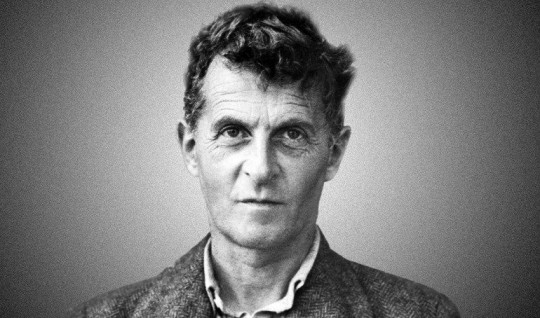
Wittgenstein'ın Tractatus'ta bahsettiği söylenemeyen ve söylenebilen kavramları birbiriyle karıştırılabilir veya sınırları anlaşılamayabilir. Bu yazımızda kısaca bu kavrama değineceğiz.
Temel olarak söylenebilen ve söylenemeyen arasındaki ayrım, doğa bilimlerinin kullandığı dil ile başka türden dilleri ayırmaya dayanır. Filozof, doğa bilimlerini diğer dillerden ayırıp ifade olanaklarını, çerçevesini belirlemek için böyle bir ayrım yapmıştır. Wittgenstein'ın "Felsefe, söylenebileni açıkça ortaya koyarak söylenemeyene de işaret eder." sözü de doğa bilimlerinin dili için oluşturmak istediği sınırları anlatır.
Söylenebilen; gerçekliği, olguları ifade eden doğa bilimlerinin anlamlı önermelerini içerir. Söylenebilen şeyler, bu bağlamda bilimsel ifadelerdir.
Söylenemeyen ise, adeta bir sınır koyucudur; dil dünyamızın sınırını belirler. Bu dünya dışında kalan transandant (aşkın) bir dünya varsa da mevcut dil dünyamızda ifade edilemez. Yani söylenemeyen, mümkün dil dünyasının dışında yer alan şeyler için kullanılmamıştır, bunun aksine mevcut dil dünyamızdaki dilin sınırını ifade eder. Bu sınırın içerisinde bilim dilinden felsefi dile, dinsel dile kadar tüm farklı diller bulunmaktadır. Yukarıda da bahsettiğimiz üzere, söylenemeyen'in sınırı; söylenen olarak tasvir edilen anlamlı önermelerden oluşan bilimsel dili de söylenemeyen'den ayırır.
Kısacası söylenemeyen, bilimsel dilin dışında yer alan felsefe, mantık, metafizik alanların konusuna karşılık gelir.
8 notes
·
View notes
Note
If sexuality is a social construct, doesn't that imply it's a choice? Doesn't that erase our history? Doesn't that erase people like me who knew from a very young age they were gay despite living in homophobic countries? Doesn't that imply that right wingers are right when they say they can correct homosexuality?
Short answer: no.
Longer answer: a lot of people seem to mistake 'socially constructed' for being somehow unreal or not meaningful, but pretty much any abstract concept is a social construct. Think the other misunderstanding is to see the construct as the same thing as what it represents, rather than a sort of metaphor for how we interact with it in society. There have always been people with penises who are attracted to other people with penises, and people with vulvae who are attracted to other people with vulvae (and all sorts of other people attracted to all sorts of other people with various genitals etc), but it's relatively recently that that has been understood in terms of "homosexuality".
I've been thinking about this a bit recently in terms of trans history, and the claim "we've always been here". Think it's murky to say that, as the social constructs of transexuality and transgenderism are even more recent than homo/heterosexuality. There are heaps of people and roles in history that would probably be considered trans in a modern context, but the way those people described themselves and related to sex and gender was also necessarily something different to being trans because the concept (the generalised metaphor for a particular range of experiences) didn't exist yet.
So when we're talking about sexuality as a social construct it's the framework of homosexuality, heterosexuality, etc that we're talking about and not the existence of people being attracted to people like themselves or whatever sex acts they do.
In terms of whether it's a choice, I don't think it being socially constructed makes it more or less a choice than it being some unmediated fated truth. I think the question of choice is a sidetrack that plays into right wing rhetoric that wants to remove homosexuality and ultimately sexuality at all. As you suggest, if it's a choice then you can surely make a different choice! But if it is innate then all they can do is pity you for your affliction (strong hint of original sin there). The 'born this way' narrative kind of concedes the moral point, when we could be arguing instead that it doesn't matter whether it's a choice or not (or what precedent there is), there's nothing wrong with being gay (or trans etc).
Can you change your sexuality? Maybe. You can definitely change how you express it, which is effectively the same thing for conservatives. And it can definitely move around a lot naturally.
Should you have to change your sexuality? No. It is not a problem to be fixed.
On a side note, the popular constructions of sexuality have never been adequate to describe human sexuality (and have never meant to; the point is to define what is normative so that control can be exerted over the abnormal), and it's fascinating to look at how sexuality and gender and language have worked in the past. Early 20th century queer writing is wild for this, with oftentimes homosexuality being attributed only to the person being penetrated, and sometimes feminine pronouns will be assigned to them. To some extent we've recreated that with top/bottom concepts, and a lot of how we discuss sexuality and gender is very restrictive and focused on being morally correct rather than actually describing our experience. There's lots of trans people from the 80s for example who will identify with a bunch of different apparently contradictory things that a lot of modern queers might baulk at, but that's just how language works/fails to work.
19 notes
·
View notes
Video
youtube
“I’ve read a bit of Heidegger. Nowhere in there is there anything about the moral life or whether that means anything. It didn’t mean anything to him. He didn’t consider it worth his attention. Whereas Wittgenstein thought of nothing else.”
Cormac McCarthy
109 notes
·
View notes

